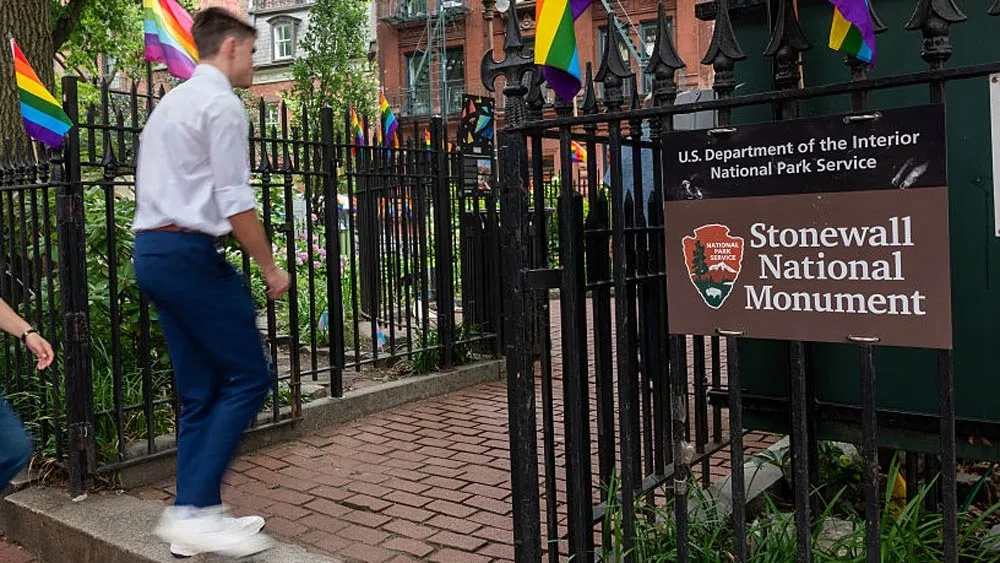April 9, 2021
What Will be Left of London's LGBTQ Scene Post-COVID?
Matthew Wexler READ TIME: 3 MIN.
London often appears as a top destination for LGBTQ travelers, but post-COVID, what will be left of the city's queer community?
A new article on The Face offers encouragement.
"I like to think of London as more than just a city: I see it as a living organism, forever contracting and expanding in a multitude of ways," writes Alim Kheraj.
Kheraj's new book, "Queer London," comes out in paperback on April 13 and offers a snapshot of the city through an LGBTQ lens.
At first glance, London is suffering a similar fate to other LGBTQ metropolitan areas. Kheraj reported for Evening Standard that 60 percent of the city's queer spaces have shuttered in the last decade. While visitors may not find the same number of gay bars around town, they'll see representation when they reach in their wallets and pull out a 50-pound banknote, which now features World War II code breaker Alan Turing.
Where to spend it?
Kheraj names Joiners Arms as his favorite bar in London. Located in Camberwell, the pub and music venue helped launched the career of Florence and the Machine.
Soho has its share of ups and downs...yet has "always been a playground for the city's queer population," according to Kheraj, who describes the district as a "slightly anodyne and brightly lit gay fantasia" during its 90s and 00s heyday.
London has yet to open an official LGBTQ community center, despite a successful 2018 campaign that raised £102,000.
Still, venues have managed to open, notably with a focus that breaks the binary and moves away from the narrow, cis gay male lens.
According to Time Out London, Harpie's presents the UK's first and only LGBTQ strip night at Metropolis, a six-story nightclub in Cambridge Heath, while BBZ, a Black queer art and DJ collective helps elevate London's BIPOC community.
As previously reported on EDGE, the UK continues to struggle with COVID variants and quarantines, and will be focusing – at least in the short-term – on domestic tourism.
When things do return to normal, the city's LGBTQ will reckon with bullying and racism within the LGBTQ community. Pride in London recently announced that two of its co-chairs and five most senior staff will resign from their posts following accounts of racism and bullying.
Kheraj's outlook is optimistic. "Looking at its current state through the lens of history, London's queer scene, like the Thames, is in a state of ebb and flow.
The work that our LGBTQ+ for bearers put in to stake a claim on the city they called home must, to some extent, be redone.
What's more, we have an opportunity for what comes next to be more inclusive and even better than before."
Matthew Wexler is EDGE's Senior Editor, Features & Branded Content. More of his writing can be found at www.wexlerwrites.com. Follow him on Twitter and Instagram at @wexlerwrites.


